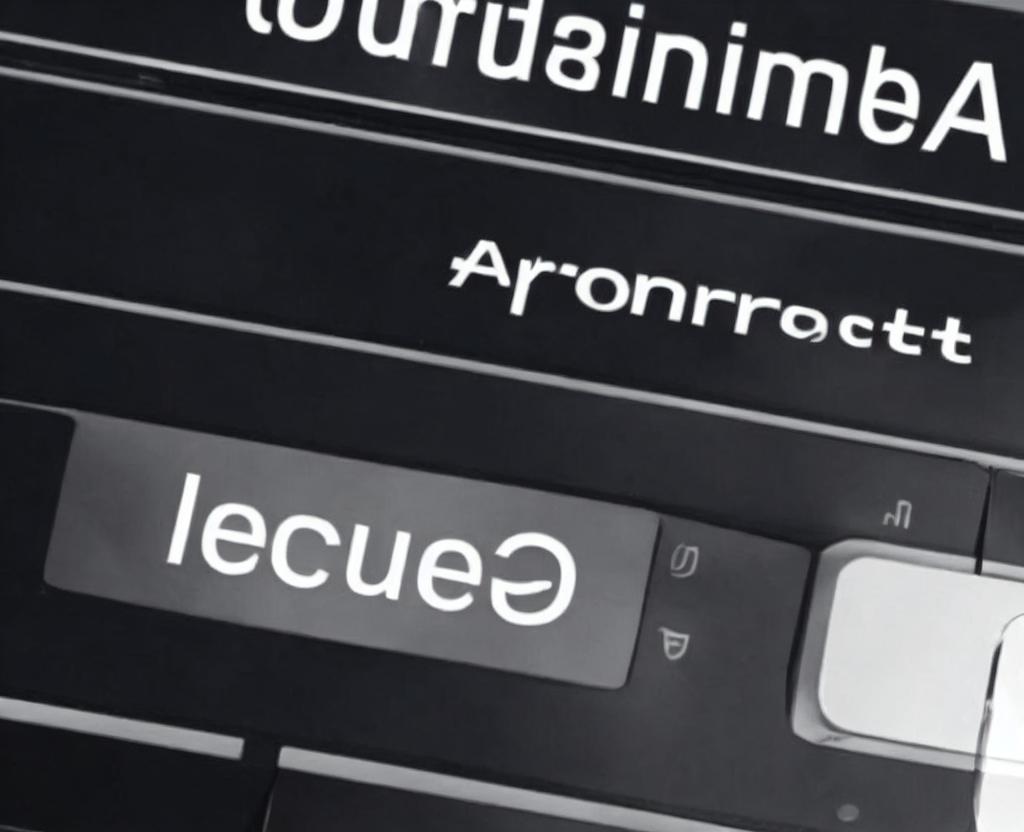
Computer Security Day
On November 30th, Computer Security Day reminds us to protect our computers. Every day, computers become more efficient and more advanced. People who use them are also protected by protecting the information, tools, and reports on them.
How we use them has changed since the first home computer was invented. Today, we use computers to stay connected. We bank and work from home. Although computers are ubiquitous in every school, many students receive an education right from home. We file our taxes, attend meetings, and study complicated topics that are all about computers.
To protect these critical machines, it makes sense to do everything possible to keep these powerful machines safe. Correct? Right? Some of them have a lifetime of records. Images, journals, books, and passwords of Precious and irreplaceable photographs, journals, books, and passwords. Any part of that information is critical, and it is vital to shield even a portion of it. Our very identity is on computers.
Identity theft, phishing, ransomware, and viruses are all present on our computers. They are looking for the most vulnerable customers. They take us offline in a flash, ending a lifetime of achievement. By giving your computers a security audit, you can protect your family and company.
How to celebrate #computersecurityday, according to the #computersecurityday blog
The perfect reminder is provided by Computer Security Day. It's also important to monitor your computer's safety on a regular basis. To protect your computer, use the checklist below. It's also a good time to check your settings if you use social media. Identity theft, viruses, and computer fraud are all common on social media. Spread the word on social media using the hashtag #ComputerSecurityDay to alert others how they can protect their personal information.
- Enable Windows Update is a Windows 10 version
- Install and maintain antivirus software
- Turn on the Windows Firewall to turn on the Firewall
- Keep all applications up to date
- Always use strong passwords
- Don't give passwords and don't write them down, and don't write them down
- To access my machine, a password is required
- Unwanted applications are often uninstalled
- Protect your wireless network by securing your wireless network
- Back up important information.
- When surfing the Internet, use caution
- When I'm not using it, I log off the computer.
- My passwords are not stored or remembered by my web browser
- Temporarily delete temporary Internet files from your computer
The history of the computer security day in the United States has spanned history
The Association for Computer Security's first Computer Security Day, 1988, was the first Computer Security Day to raise concerns regarding computer security issues.
The faq of computer security faq is a computer security FAQ
Is it legal to write down my passwords? Q. Is it okay to write down my passwords?
A. It depends. It depends. If you are in the habit of reusing passwords, it is okay to write down your passwords. If you use the same password for everything, you run a greater chance of all your accounts being hacked rather than one..
Q. I use the same password on everything. It's much easier to remember. Is that legal? No. A. No. A. No. All your accounts are compromised if you only use one password and it is compromised. If you only use one password and it is compromised. For every account, use a unique password.
What if I only use numeric passwords?
A. These days, most accounts have minimum password requirements for passwords.
- Minimum of 8 characters is required
- A least one number
- Letters from the lower and uppercase letters are found in both lower and uppercase letters
- At least one symbol
This combination helps in the creation of a safe password..







